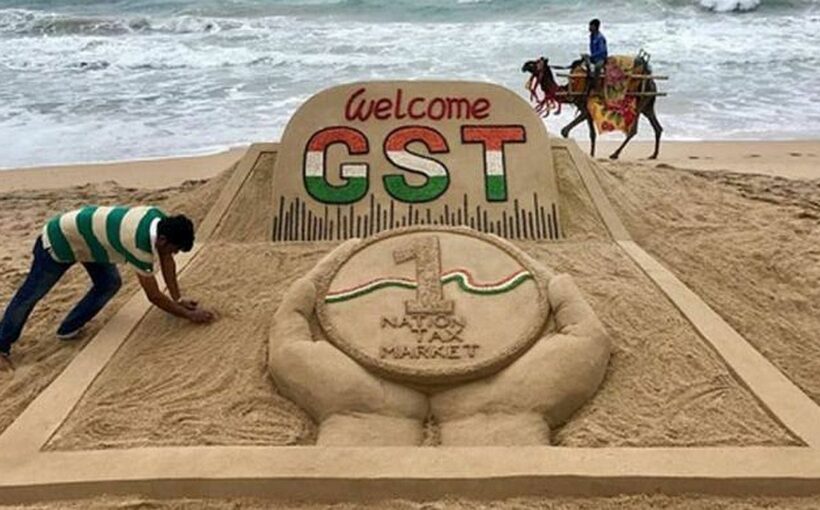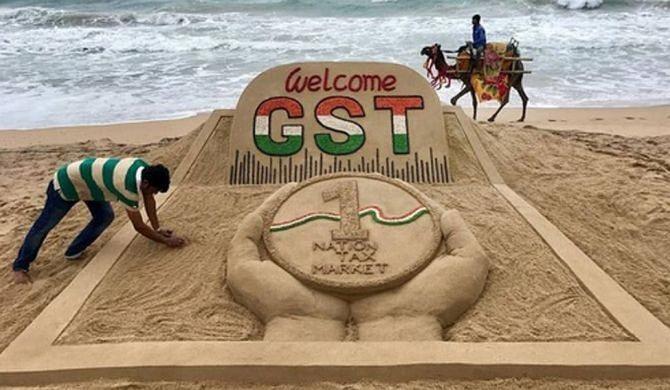Agencies, whether public sector or private sector, may have to pay goods and services tax on the charges they collect on behalf of the government from clients.
The authority for advance rulings (AAR), Telangana, has ruled that e-procurement transaction fee collected by an agency on behalf of the government is chargeable to GST, said Rajat Mohan, senior partner at AMRG & Associates.
The AAR also ruled that neither services provided by the agency to the government, nor services provided on behalf of the government to the business entities are exempt from GST, he informed about the case.
The case relates to an application filed by the Telangana State Technology Services Ltd (TSTSL), a public sector undertaking and a service agency to the Telangana government and its departments relating to IT and related services.
One of such services provided by TSTSL is execution of e-procurement process as a fund manager on behalf of the Telangana IT, Electronics and Communication department.
TSTSL as fund manager receives entire amounts such as e-procurement transaction charges into a designated Bank account.
On receipt of the e-procurement transaction fees, TSTS is paying GST at the rate of 18 per cent on the entire fees on a monthly basis.
TSTS recognizes its share of service charges and again pays GST at the rate of 18 per cent on a monthly basis.
The balance amounts are utilized for IT expenditure towards the specific requirements of the departments concerned of the state government.
TSTSL filed the application in AAR on the grounds that it is acting as a pure agent on behalf of the state government which is floating tenders.
Such supply, it said, may not attract tax under CGST Act, 2017.
The applicant said the services provided by it fall under the Entry 6 of the GST notification issued on June 28, 2017.
The said entry exempts services by the Centre, state governments from GST with some exceptions.
However, the AAR ruled that a careful reading of the said entry reveals that this entry pertains to services provided by the government and not services provided to the government.
It said the applicant is providing services to the government.
Therefore the services provided by the applicant to the government are not exempt under this notification.
Further the services provided by the applicant on behalf of the government to business entities are also not exempt, said the AAR.
Photograph: PTI Photo
Source: Read Full Article

